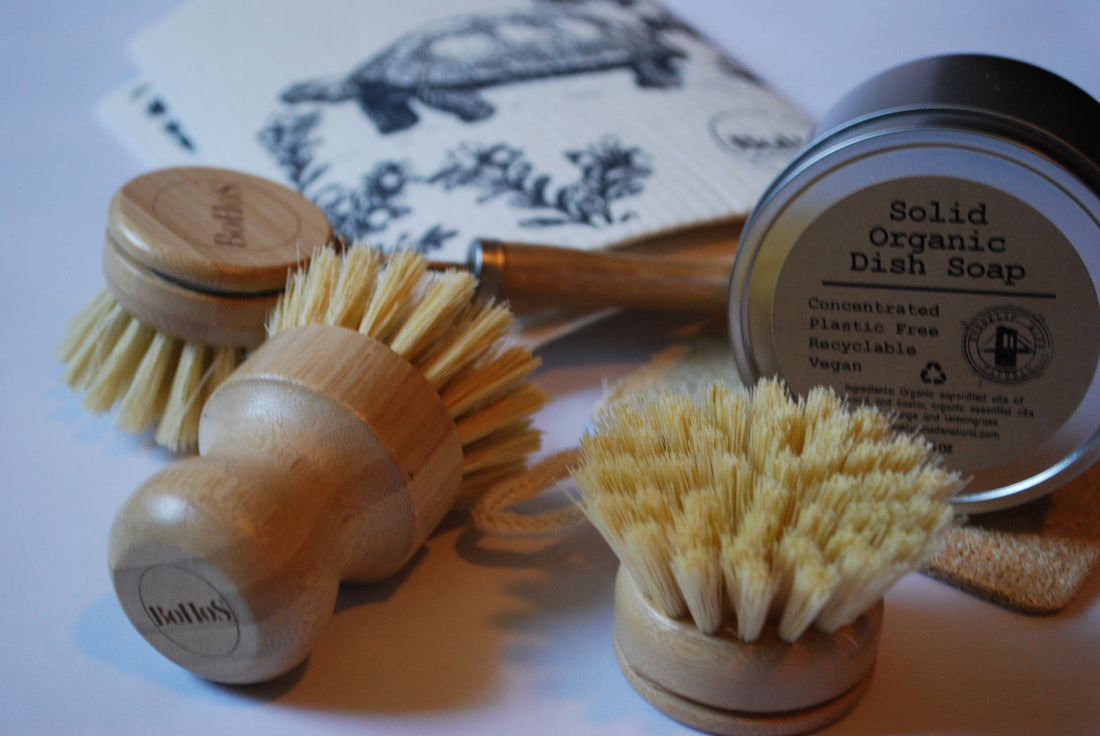
Can you actually live zero-waste?
Share

If you’ve been asking yourself:
- Can someone actually be zero-waste in today’s world?
- Can you create waste and still live zero-waste?
Then you’re in the right place to get these questions answered.
I asked myself these same questions at the forefront of my zero-waste journey and was honestly frustrated at the term “zero-waste” before deep-diving into the research. First, let’s define what zero-waste is. While there is no Webster definition, it is generally defined as…
a philosophy and design framework to reduce waste that’s produced from your daily activities and life choices by promoting a circular economy, shopping sustainably, and consuming consciously and minimally.
The typical zero-waste person:
- buys non-toxic, plant-based or biodegradable products that are produced sustainably during the manufacturing and production process, which are either not packaged or (if packaging is required) packaged in compostable, biodegradable or (truly) recyclable materials;
- buys quality products that increase the products longevity and decreases the need for product replacement;
- makes sustainable choices in their daily activities like transportation, food and water consumption, hygiene habits, consumer goods choices and consumption, and so on;
- follows the five "R’s": reduce, reuse, refuse, recycled, and rot;
- and contributes very little to no waste to landfills and/or high-energy consuming recycling plants.
Now, you can see how you don’t have to truly produce 0% waste to live zero-waste.
Without ruling out the idea completely, it is possible for one to live 100% zero-waste in today’s world, but it is not a lifestyle often chosen due to the level of dedication required and its certain difficulties. This can be achieved by “living off the grid”, which includes growing your own food, using solar or wind energy to produce your homes’ electricity, collect rainwater to water your gardens and for domestic use, create the fibers you use to sew your own clothes, use a horse-pulled carriage or ride a bike to transport yourself, compost, make your own home and wellness products, and so on. While this is possible to do, it is rather difficult to achieve and is a completely different lifestyle choice compared to the majority of the population.
Moreover, living zero-waste in the technical sense is unachievable in today’s world. Rather, the term should be taken more lightly and uniquely defined for each individual's situation. Living zero-waste looks different for everyone and can be adopted by anyone. While zero-waste should be a goal, it does not have to be the ultimate objective. It is the small and steady changes in each of our daily lives that make a positive impact on the environment.
